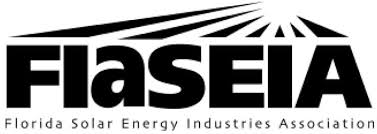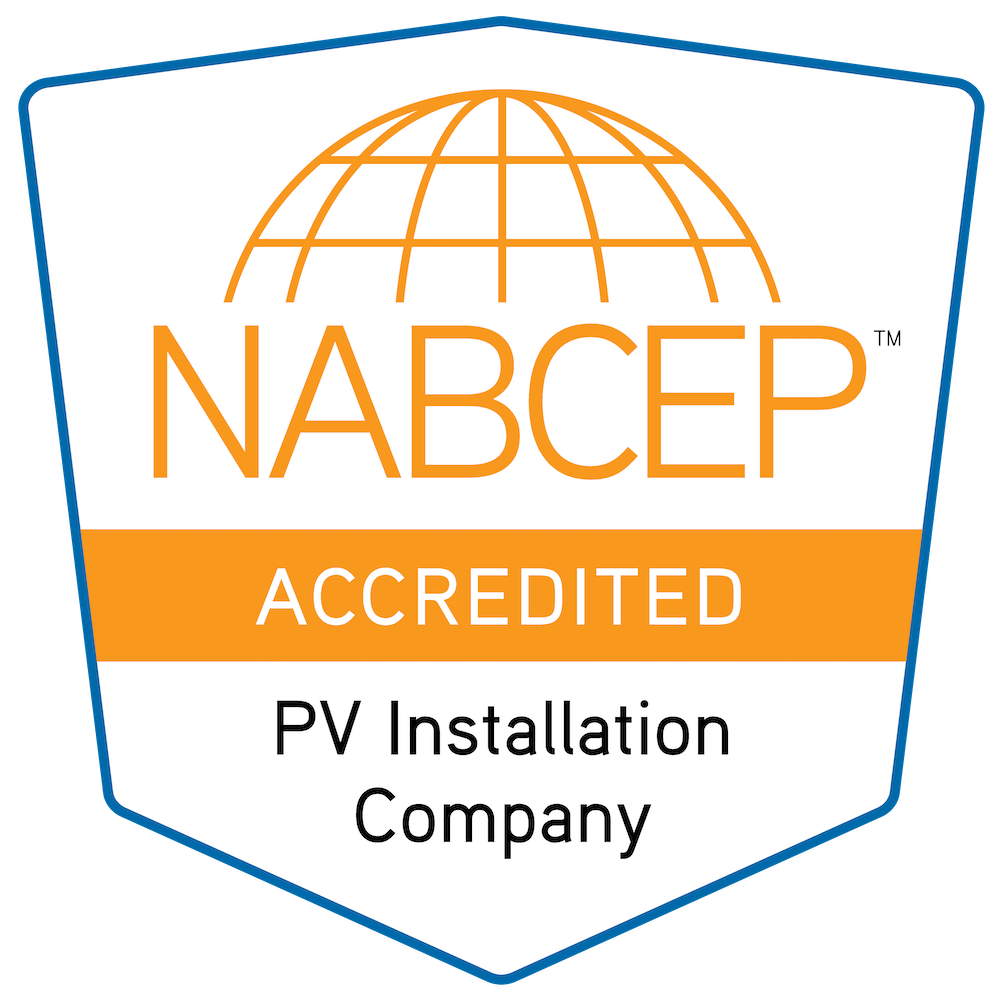JACKSONVILLE, Fla. (March 2, 2016) – JEA announced plans to generate its own solar power and charge its customers a premium for it. Meanwhile, the utility also intends to alter its net-metering policies, lowering consumers’ return on investment for rooftop solar.
JEA’s SolarSmart program, which modifies the utility’s current policy, implements changes at the expense of its customers, say some concerned citizens and local business owners.
If the JEA board approves SolarSmart, JEA customers would have the option to “go green” and purchase up to 100 percent of their electricity from utility-owned solar panels.
While that may sound good on the surface, consumers should understand the full impact of the changes – especially on their wallets.
SolarSmart increases the cost of energy for customers who opt into the program and it reduces the amount JEA pays businesses and homeowners who provide private solar power to JEA. The proposed SolarSmart plan would cost customers who opt for green energy more than JEA’s regular rate and, at the same time, would reduce JEA’s buyback rate for power it purchases back from private solar panels.
The payback reduction will essentially destroy the local rooftop solar energy market in Northeast Florida by rendering rooftop solar power non-economical. This comes just at a time when solar power has become a financially viable option for the average homeowner.
SolarSmart could also mean the end of local private solar jobs. One Northeast Florida company, A1A Solar Contracting Inc., which provides residential and commercial solar electric installations in Northeast Florida and Southeast Georgia, employs 50 people to service the demand for rooftop solar in Jacksonville. The proposed change threatens those jobs and others as customers stop finding solar energy a feasible renewable energy option in the area.
“With this proposed change, JEA is moving our community in the wrong direction for green energy,” said Pete Wilking, president of A1A Solar. “Renewable energy is the future,” Wilking said. “Jacksonville has an opportunity to define itself as a forward-thinking, vibrant community of tomorrow with its use of solar power.”
As one of the cleanest energy sources available, solar power is safer and greener than operating coal or nuclear power plants. The most successful and progressive rooftop solar markets, like Austin, Texas, and the state of Minnesota, uphold policies that encourage both municipal and privately owned solar with great success.
Opponents of JEA’s proposal, including A1A Solar, Florida Solar Energy Industries Association, Sierra Club, U.S. Green Building Council and others, are encouraging consumers to share their thoughts on this proposed plan. One way to do this is by attending the upcoming Community Forum on Solar in Florida. The USGBC will host the forum on Wednesday, March 9, from 6:30–8 p.m. at Jacksonville University’s Gooding Auditorium, 2800 University Blvd. N.














